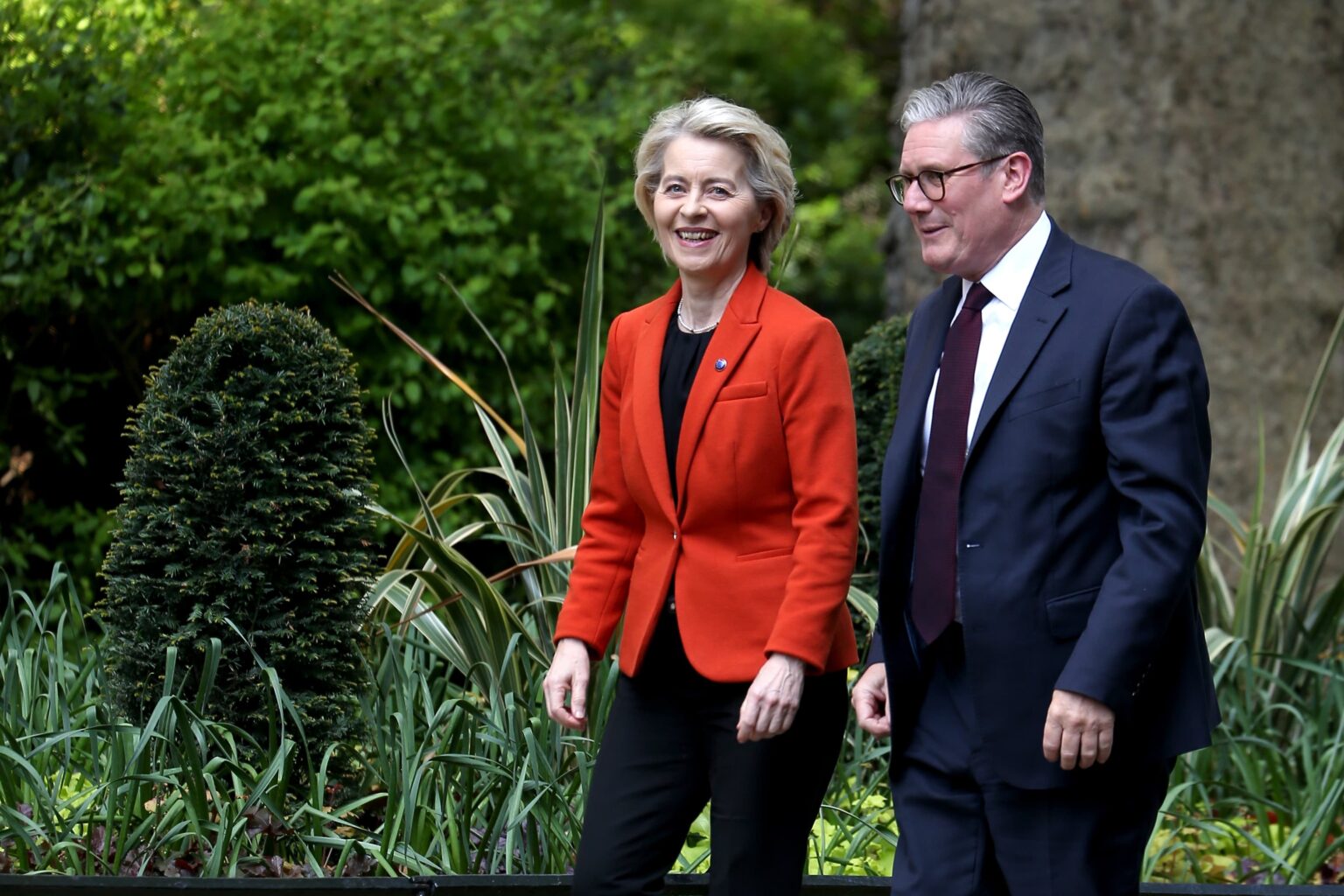On May 19, 2025, the United Kingdom and the European Union unveiled a series of far-reaching agreements aimed at redefining their relationship post-Brexit. This renewed cooperation, announced during a summit in London, marks a critical turning point in the diplomatic, economic, and political ties between the former partners. It was the first bilateral summit of its kind since the UK’s departure from the EU in 2020.
British Prime Minister Keir Starmer and European Commission President Ursula von der Leyen jointly presented a new framework of collaboration across multiple sectors. The tone of the meeting was one of pragmatism and renewal, with both sides acknowledging the need to rebuild trust after years of tension. Although the UK will not rejoin the EU or its core institutions, both leaders emphasized the importance of stable, constructive ties that support prosperity and shared values.
Key Components Of The Agreements
The summit produced a comprehensive package addressing trade, defense, travel, and youth mobility, four areas that have become sticking points in UK-EU relations since Brexit.
Trade and Economic Cooperation
The most immediate breakthrough was a 12-year agreement on fishing rights, providing predictable access for EU vessels to UK waters. This resolved a lingering source of dispute and offered stability for coastal communities. The UK also secured reduced sanitary checks and paperwork for food exports to the EU, restoring British meat products like sausages and mince to European supermarket shelves.
Experts estimate that these trade facilitation measures could contribute up to £9 billion ($12 billion) to the UK economy by 2040. Both sides framed the trade element as a “win-win” solution that respects sovereignty while strengthening mutual economic benefit.
Defense and Security Integration
A new defense pact was unveiled, marking Britain’s first formal security arrangement with the EU since leaving. The agreement grants the UK access to the EU’s €125 billion defense fund, allowing joint participation in research, development, and procurement of military technologies. The pact also lays the groundwork for intelligence sharing and joint exercises.
Given rising geopolitical tensions in Eastern Europe and the Middle East, this defense collaboration was hailed as vital for maintaining continental security. EU officials emphasized that while the UK is no longer a member, its military and intelligence capacities remain essential to Europe’s strategic interests.
Mobility and Travel Enhancements
Mobility reforms were also announced, notably the introduction of e-gate access for UK passport holders traveling to EU countries. This change is expected to reduce wait times at airports and restore some of the travel conveniences lost after Brexit. Talks on a broader youth mobility agreement continue, aimed at allowing young people to live and work more freely across borders for limited periods.
Although no final deal was reached on youth mobility, both sides expressed optimism. British and European student organizations have publicly called for swift approval of a scheme similar to Erasmus+, with mutual access to work and education opportunities.
Political Reactions And Public Sentiment
Reaction to the summit was mixed across the UK political spectrum. Nigel Farage, leader of Reform UK, denounced the agreements as a “betrayal” of Brexit, warning that they undermine British independence. He pledged to revoke them should his party gain power. Similarly, Conservative leader Kemi Badenoch expressed reservations about regulatory alignment and potential EU overreach.
However, recent polls show that 66% of Britons support closer ties with the EU, suggesting strong public backing for Starmer’s approach. Many business groups and universities have also welcomed the reset, citing reduced uncertainty and greater opportunity.
Prime Minister Starmer was clear that rejoining the single market or customs union is off the table, but argued that practical cooperation should not be sacrificed for ideological purity. “We are charting a new course—independent, but engaged,” he stated.
EU leaders appeared equally eager to move forward, describing the UK as a “strategic ally” and noting that both sides face shared global challenges such as climate change, digital regulation, and defense.
Looking Ahead
The agreements reached in London may not restore the pre-Brexit relationship, but they represent a pragmatic evolution toward functional partnership. By addressing long-standing issues in trade, defense, and travel, both sides have opened the door to renewed stability and cooperation.
Observers see this as the beginning of a more flexible, interest-based alliance that could expand in the coming years. As global instability increases, the UK and EU appear to be moving past old grievances in favor of practical engagement and shared responsibility.


